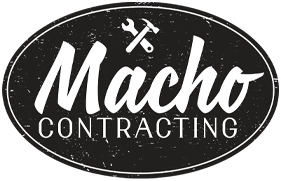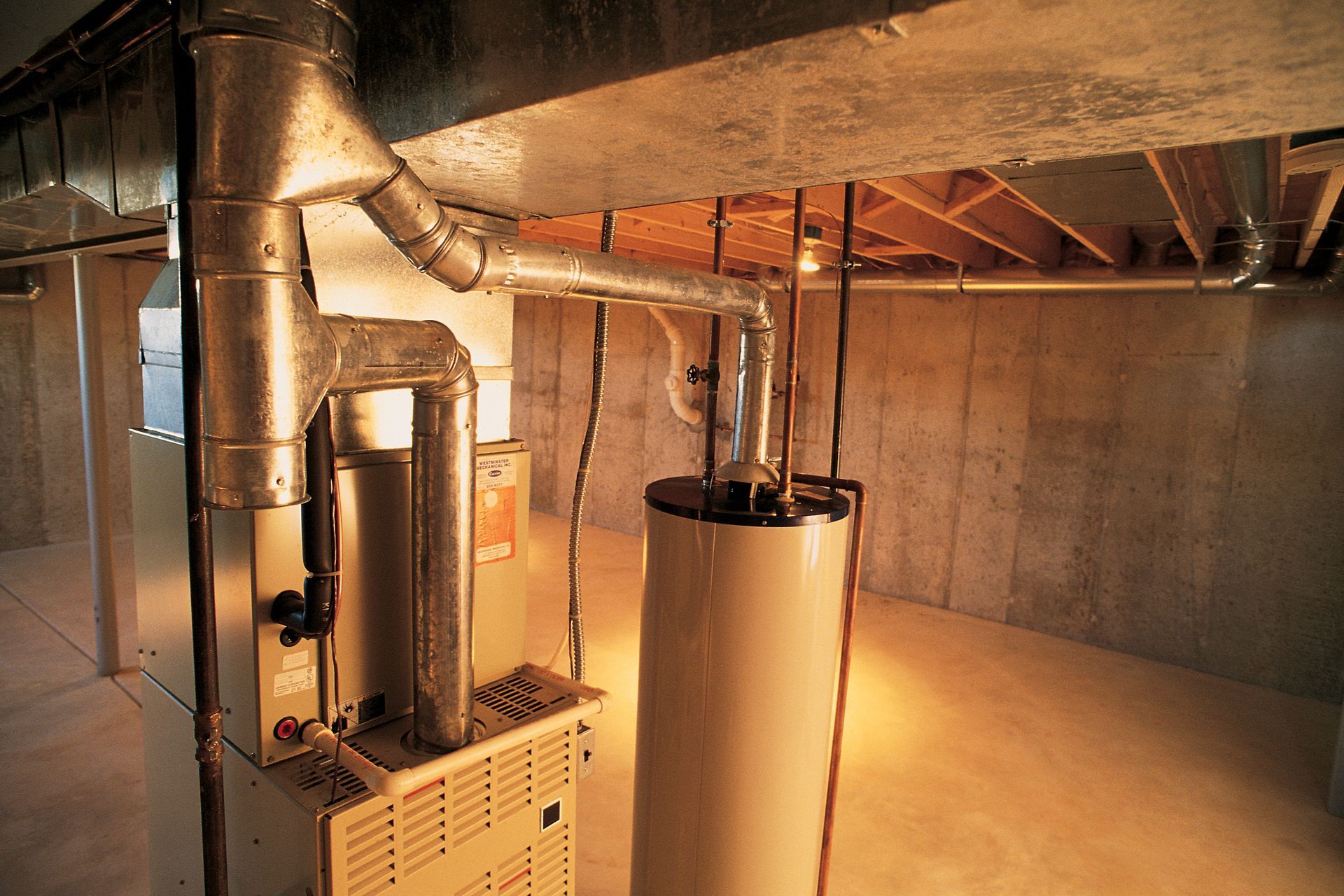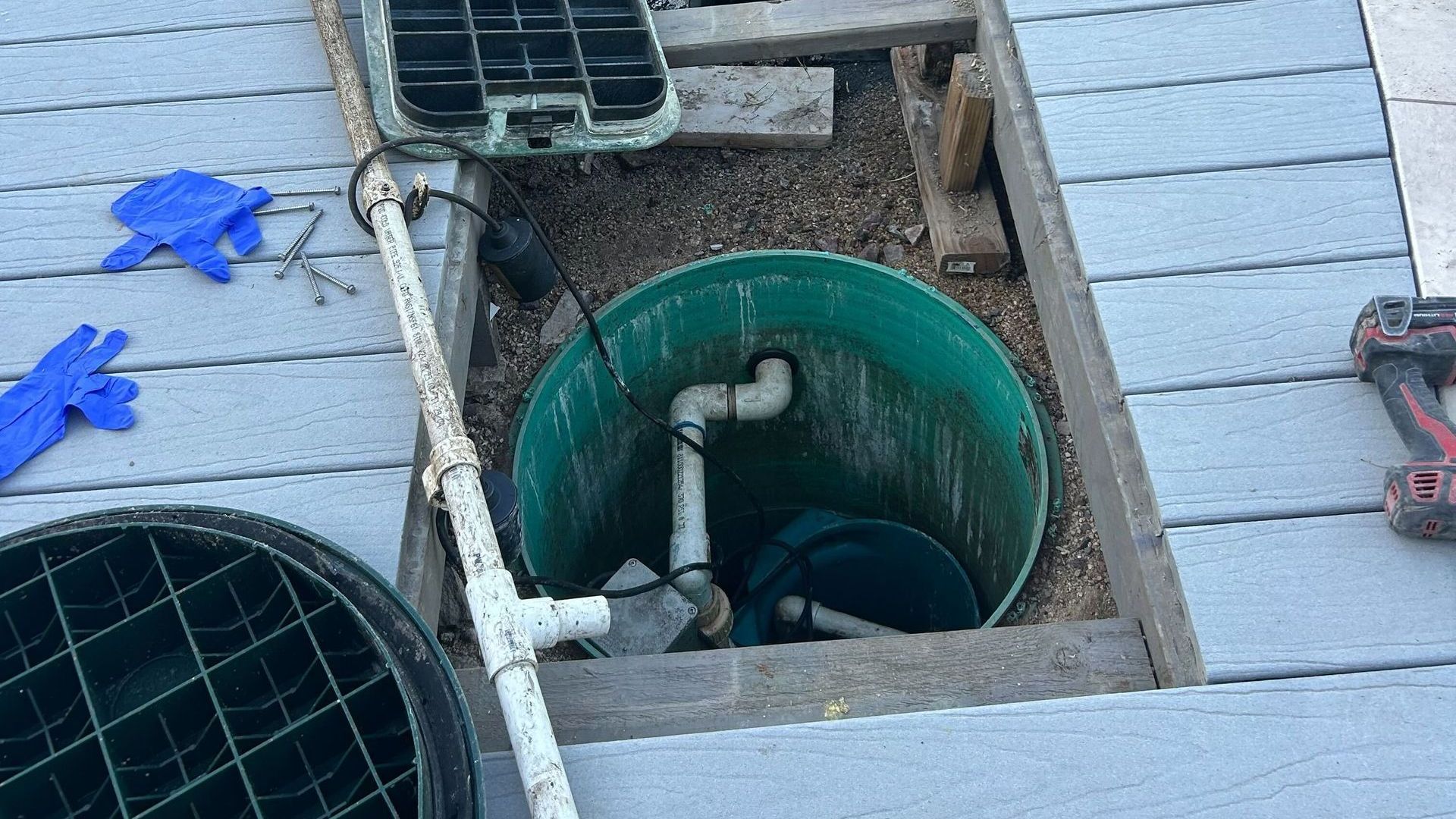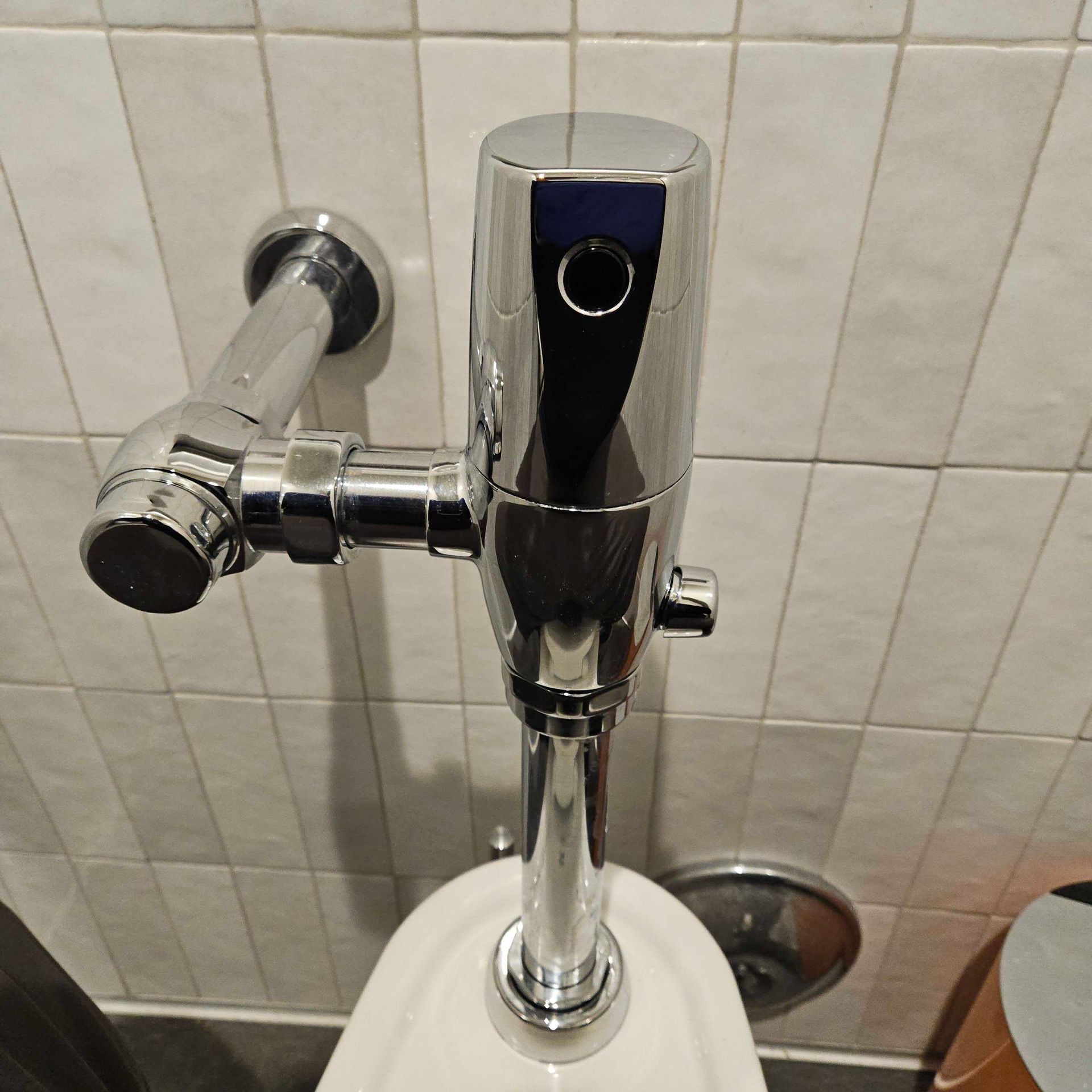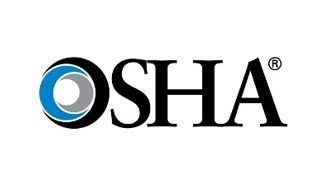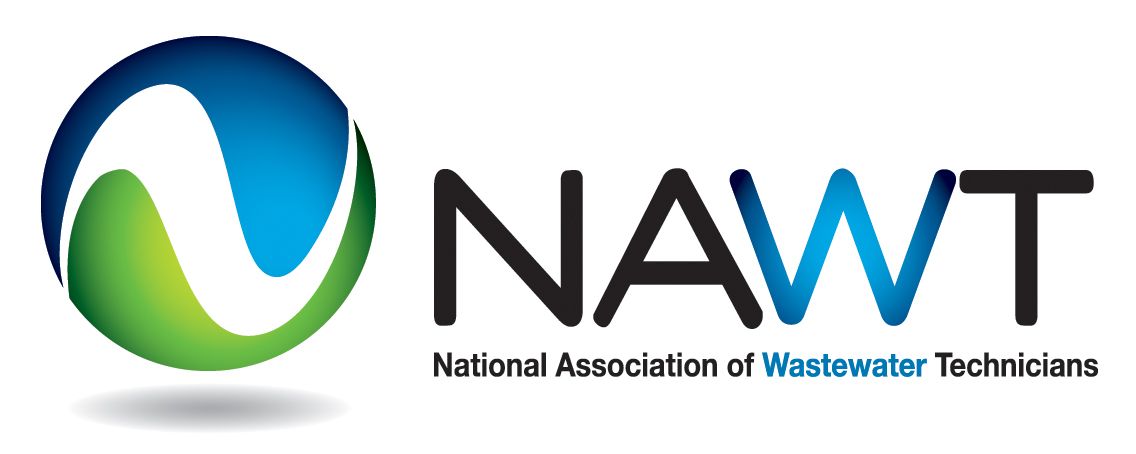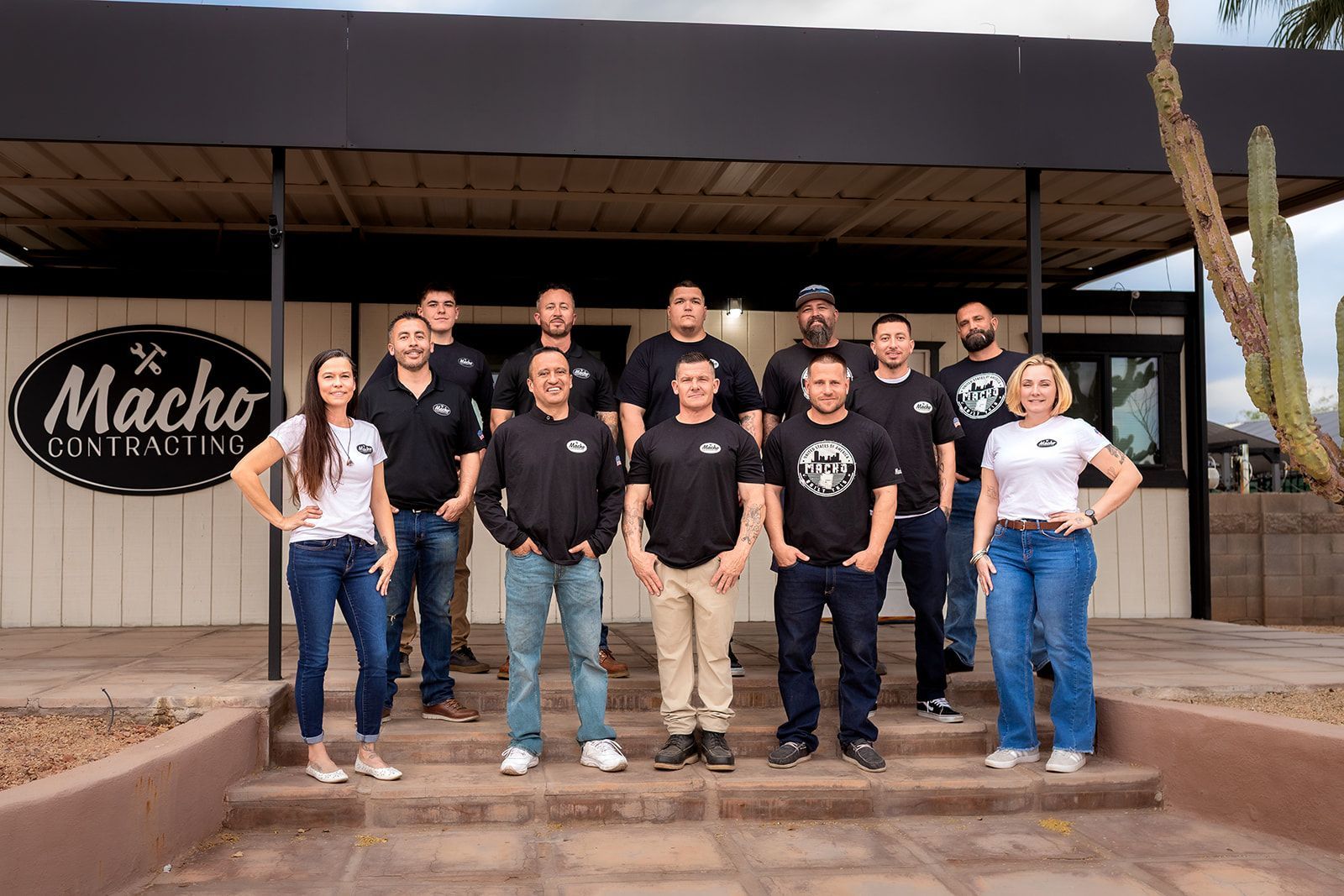October 16, 2025
New Title
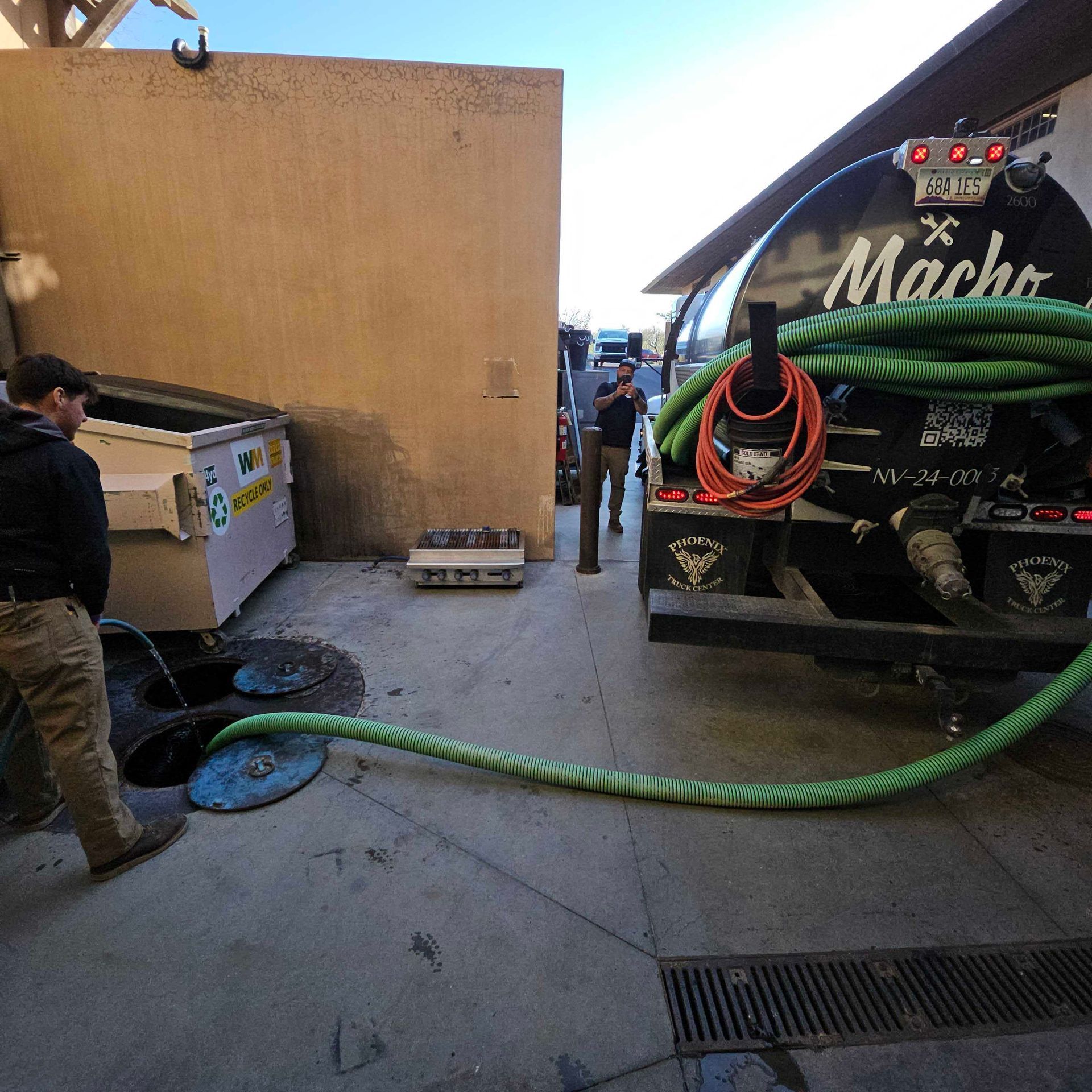
When it comes to maintaining a well-functioning sewage system, one crucial component that requires regular attention is the sewage pump. Often overlooked, sewage pumps play a vital role in ensuring the proper disposal of wastewater from homes, buildings, and municipal areas. Neglecting regular maintenance of these pumps can lead to a host of issues, including costly repairs, system failures, and potential health hazards. In this article, we'll delve into the reasons why maintenance should be done on a sewage pump and highlight the benefits of keeping this critical equipment in top shape.
- Preventing Costly Repairs:
Regular maintenance of a sewage pump can help identify and address potential issues before they escalate into major problems. By conducting routine inspections, cleaning, and lubrication, you can detect signs of wear and tear, corrosion, leaks, or clogs. Addressing these issues promptly can prevent more significant damage, saving you from costly repairs or even the need for pump replacement.
- Ensuring Optimal Performance:
A well-maintained sewage pump operates at its peak efficiency, ensuring optimal performance. Regular maintenance tasks, such as cleaning the impeller, removing debris, and inspecting the motor and electrical connections, contribute to smooth operation and reduce the risk of pump failure. By keeping the pump in good condition, you can maintain a consistent flow of wastewater, preventing backups, overflows, and potential damage to your property.
- Extending the Lifespan of the Pump:
Just like any mechanical equipment, sewage pumps have a finite lifespan. However, through regular maintenance, you can significantly extend their longevity. By performing tasks like replacing worn-out parts, lubricating bearings, and monitoring motor performance, you can keep the pump running smoothly for years. This not only saves you money on premature pump replacements but also ensures that your sewage system remains functional and reliable.
- Promoting Hygiene and Safety:
Sewage pumps deal with potentially hazardous materials and pathogens present in wastewater. Regular maintenance helps minimize the risk of leaks or spills, which can lead to environmental contamination and health hazards. Additionally, routine inspections can identify potential safety concerns, such as faulty wiring or inadequate ventilation, ensuring a safe working environment for those involved in the maintenance or repair process.
- Compliance with Regulations:
Many jurisdictions have regulations in place to ensure the proper functioning of sewage systems. Regular maintenance of sewage pumps helps you comply with these regulations, avoiding potential penalties or legal issues. By keeping accurate maintenance records and having a proactive maintenance schedule, you can demonstrate your commitment to environmental responsibility and public health.
Maintenance is a crucial aspect of ensuring the optimal performance, longevity, and safety of a sewage pump. By investing time and effort into regular inspections, cleaning, and repairs, you can prevent costly breakdowns, extend the pump's lifespan, and maintain a well-functioning sewage system. Don't overlook the importance of maintaining your sewage pump—prioritize its upkeep, and you'll reap the benefits of a reliable and efficient wastewater disposal system for years to come.

